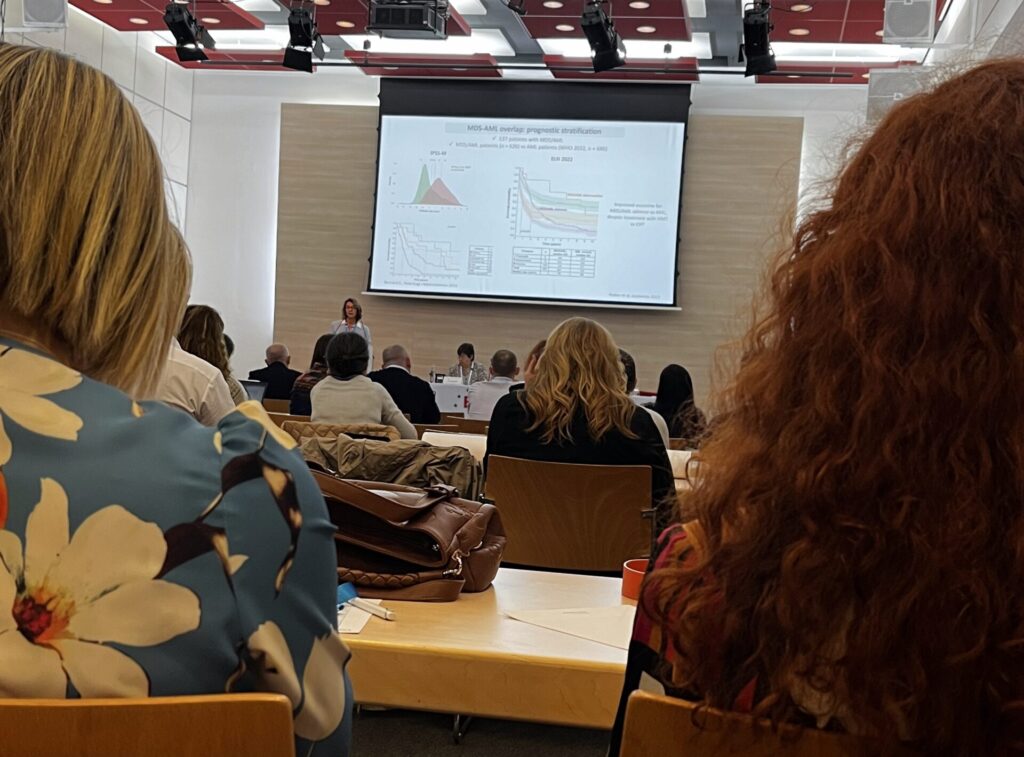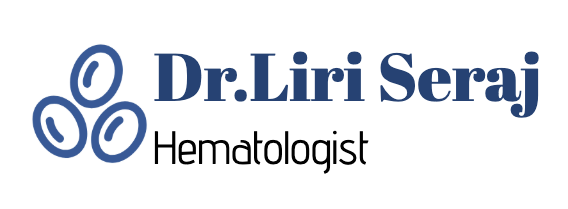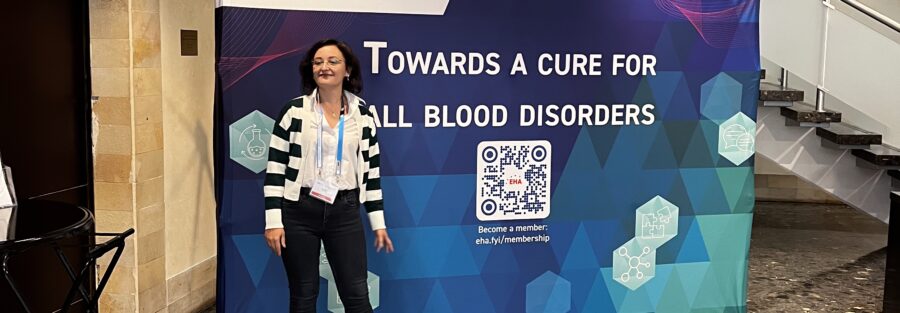Vienna, Austria
I was truly honored to receive the notification that my poster had been accepted for presentation at the 4th How to Diagnose and Treat CML/MPN conference. I had already planned to attend for the second time, as my daily clinical practice involves managing numerous patients with myeloproliferative neoplasms (MPNs). Staying up to date with the latest advancements in the field is essential for ensuring that my patients receive the best possible treatment options and comprehensive follow-up care.
When I first attended the conference, I had just completed my residency. I still vividly remember an insightful discussion led by Professor Claire Harrison. At that time, I had an abstract accepted for publication, but I had little knowledge of how significantly my future work would involve MPN patients. It was also my first ESH conference, and I was uncertain about what to expect, as I had not yet clearly defined my professional objectives.
Now, with greater clarity regarding my goals, I have become more intentional about my participation. Last year, I became a member of the MPN SWG (Myeloproliferative Scientific Working Group under the European Hematology Association), and I am eager to contribute through research, patient care, and quality-of-life (QoL) improvements to enhance patient outcomes. One key way to make a meaningful contribution is by actively attending meetings organized by the group. I would be honored to engage with Professor Harrison to discuss potential collaborations and to network with fellow members, fostering valuable professional opportunities.
One specific lecture I am particularly looking forward to is “Management of Young MPN Patients,” presented by Professor Jean-Jacques Kiladjian from Paris. I currently manage several young patients with polycythemia vera (PV) and essential thrombocythemia (ET) in the 30–40 age group. Being diagnosed with a chronic blood disorder at such a young age is understandably distressing, and these patients often require additional emotional and psychological support. Moreover, treatment strategies must be carefully selected, as certain therapies increase the risk of secondary acute myeloid leukemia (AML) or pose complications, particularly for women of childbearing age.
Additionally, I am eager to attend the case-based lectures, which offer an engaging and interactive learning experience. These sessions are well-structured and provide an excellent platform for in-depth discussion and audience participation.
I look forward to sharing further details, including insights from my presentation, following the conference. In the meantime, I am sharing a few photographs from the last conference organized by the SWG group.


